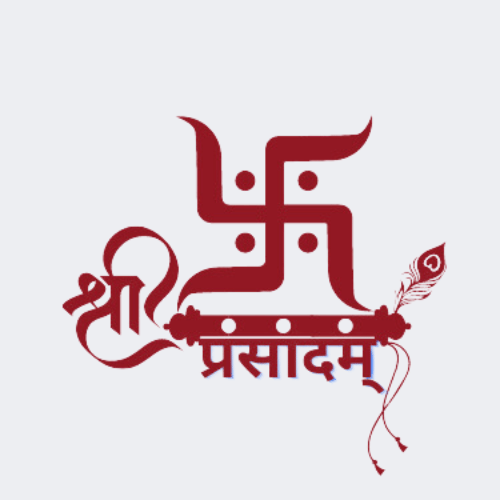Diwali, also known as the festival of lights, is one of the most celebrated festivals in India. But why do we celebrate Diwali with such grandeur and devotion every year? Let's take a look at the cultural, religious and historical aspects that make this festival so significant.
Religious Significance of Diwali
Why do we celebrate the festival of Diwali in the first place? The answer lies in its deep religious history, which may vary slightly across regions and communities, but its essence remains the same- the victory of good over evil and the victory of light over darkness.
Lord Rama's Return to Ayodhya:The most popular story associated with Diwali is from the epic Ramayana. After spending 14 years in exile and defeating the demon king Ravana, Lord Rama returned to his kingdom Ayodhya.
His return was celebrated by the people of Ayodhya by lighting oil diyas, symbolizing the victory of good over evil and the return of light and hope.

Birth and Worship of Goddess Lakshmi: Another reason for celebrating the festival of Diwali is to honor Goddess Lakshmi, the goddess of wealth and prosperity. It is believed that on this day, she emerged from the ocean during the milky ocean (samudra manthan) andblesses her devotees with good fortune. Onthe night of Diwali, people clean and decorate their homes, light lamps and worship Lakshmi to welcome prosperity.
Conclusion
As we light lamps, gather with family, and reflect on our blessings, we continue a tradition that has been cherished for generations. This is why Diwali is more than just acelebration — it’s a festival that brings hope, joy, and prosperity to millions.
In conclusion, why do we celebrate Diwali celebration? It is not just about mythology or rituals; it’s about coming together as a community to celebrate life, light, and new beginnings.
Buy Bal Shri Ram Murti
Buy Shri Ram Mandir Ayodhya
Buy Shri Ram Lalla Murti























